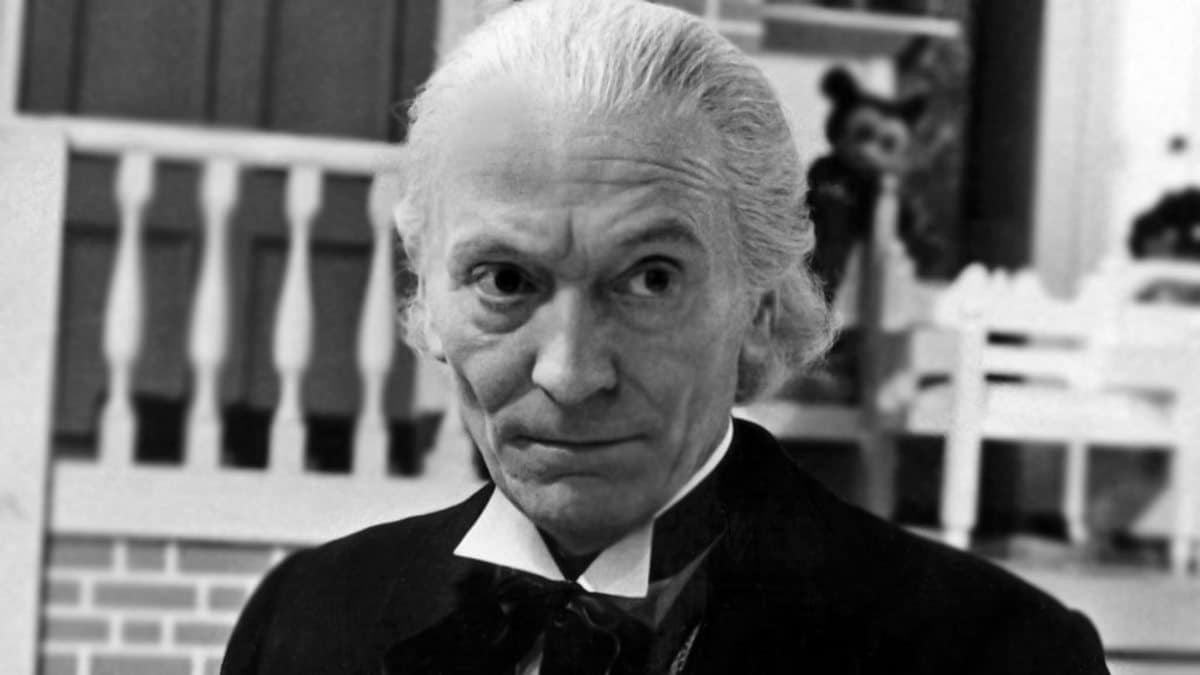The Daleks are so obviously good – but it’s quickly diminishing returns

It’s said that ‘Doctor Who’ was a hit right from the word ‘Dalek’, and Terry Nation’s terrifying metallic meanies first appeared in only the second story, which established their home planet of Skaro. The story is Terry Nation at his best. Few writers working in television at the time could match him for action adventure storytelling. Bombs ticking down to detonation, deadly swamps, lethal traps, grand moralising about the necessity of fighting for what you believe in… it all makes for thumping good viewing. The Daleks were so successful that they quickly returned, and the second story of the second season saw Terry Nation deliver another six episodes featuring his iconic creation. This time, the Daleks had taken over the earth in the near future and enslaved humanity. Viewers were treated to scenes of victorious invading Daleks performing what appear to be Nazi salutes as they patrol Trafalgar Square. Only two decades after the end of the Second World War, the images would have been horrifying to so many for whom the war was a recent and traumatic memory. These moments of brilliance, and the extensive use of highly-effective location filming, cover the inadequacies of the plot. As is often the way with high-concepts, the details don’t quite stack up. Nation throws in more ticking bombs and other tropes he favours to raise the stakes. Their third appearance would come later in the same season, in ‘The Chase’. Over another six episodes, the Daleks terrorise the TARDIS crew, moving from one set-piece to another in a story that quickly becomes tiresomely repetitive and faintly preposterous. It’s a shame that by the time of only their third outing, they are diminished by a camp runaround that culminates in a cameo appearance by soon-to-be-the-new-companion Peter Purves as an American tourist on top of the Empire State Building, offering a bit of broad comedy to a fairly dull story. It’s true to say that their appearance in the following season’s epic twelve-part ‘The Daleks’ Master Plan’ offers something of a return to form, but (as was so often the case with Terry Nation’s scripts) a fantastic concept doesn’t quite sustain over such a long story. Half of the episodes were written by Dennis Spooner, the script editor known for his love of introducing a comedic aspect to the show – as the previous story had proven, comedy is deadly at undermining the menace of the Daleks.


